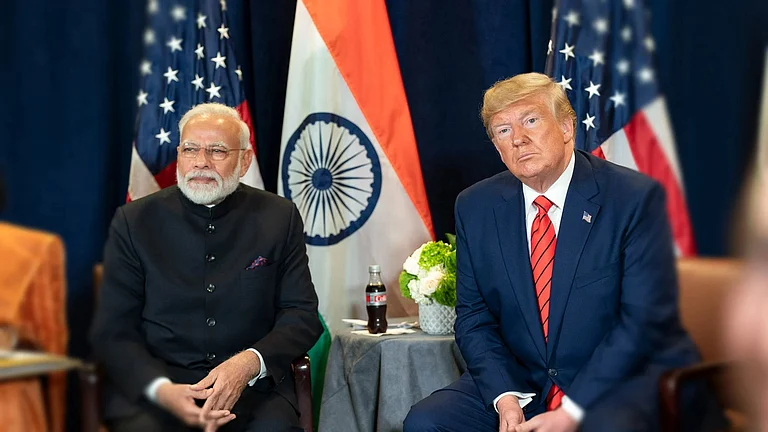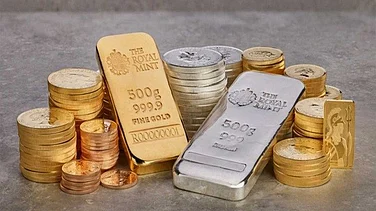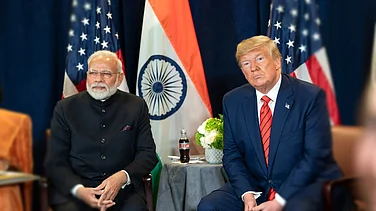From July 1, single-use plastic will be banned in India. The Centre has barred the manufacturing, distribution, importing, sale, stocking and use of all single-use plastic, comprising polystyrene and expanded polystyrene commodities (from July 1) across the country. Let’s understand what this ban means for you and what all items are being banned.
What Is Single-Use Plastic?
Also called disposable plastics, single-use plastics, as the name suggests are discarded after being used once. These kinds of plastics are often not disposed of appropriately and cannot be recycled as well. According to a 2021 report by the Minderoo Foundation, one of the Australian philanthropic organisations, single-use plastics constitute around a third of all plastic produced worldwide. It also accounts for the majority of plastic being thrown away – 130 million metric tonnes globally in 2019 – and all of it is burned, buried in landfills or scrapped directly into the environment, the report added.
Since disposable plastics are petroleum-based, they are difficult to recycle. Furthermore, there is a finite number of items where recycled plastic can be utilised. India comes in the top 100 nations of single-use plastic waste generation and needs to implement urgent measures to shift toward environmentally sustainable products and services as well as devise technology that recycles plastic more efficiently.
What Items Will Be Banned From July 1, 2022?
The Central Pollution Control Board (CPCB) has announced a ban on the following items:-
- Balloon sticks
- Cigarette packs
- Cutlery items including plates, cups, glasses, forks, spoons, knives, trays
- Earbuds
- Sweet boxes
- Candy and ice cream sticks
- Invitation cards
- Polystyrene for decoration
- PVC banners measuring under 100 microns
The Ministry of Environment had already banned polythene bags under 75 microns last year, widening the limit from the earlier 50 microns. The ministry will also phase out plastic bags of thickness less than 120 microns from December 31, 2022, in the country. As per the Plastic Waste Management Rules, 2016, there is also a blanket ban on sachets using plastic material for packing, storing, or selling pan masala, gutkha, and tobacco.
Plastic sticks including plastic flags, earbuds with plastic sticks, ice-cream sticks, plastic sticks for balloons, candy sticks, and thermocol for decoration will be off the market from July 1, 2022. There will be no plastic plates, glasses, cups, spoons, forks, straws, knives, trays or even stirrers for coffee and tea, to eat food or drink beverages. Cigarette packets, cling films, and invitation cards will also disappear from the market.
Why Ban These Items?
Plastic waste poses a big threat to the environment as it remains in the environment for long durations of time and does not decay, eventually turning into microplastics, which first enter our food sources and then the human body.
According to data by the International Union for Conservation of Nature, 300 million tonnes of plastic is produced in the world every year, of which 14 million tonnes wind up in the sea.
Over 34 lakh tonnes of plastic waste was generated in 2019-20 and 30.59 lakh tonnes in 2018-19 in India, as per data by the environment ministry. Plastic neither decomposes nor can be burned as it releases noxious fumes and hazardous gases during the process. Thus, storing plastic items remains the only feasible solution besides recycling. Banning such plastic items can help the government to trim its plastic waste generation numbers.
How The Plastic Ban Will Be Enforced From July 1, 2022?
The CPCB and State Pollution Control Boards (SPCBs) will monitor the ban effective from July 1, 2022. Directives have been issued at the national, state and local levels to not supply raw materials to industries that operate in banned items. Local authorities have been instructed to issue new commercial licenses with the condition that single-use plastic items will not be sold on their premises, and functioning commercial licenses will be cancelled if they are founded to be retailing these items.
People found to be flouting the ban can be fined under the Environment Protection Act 1986, which permits jail of up to five years, or a penalty of up to Rs 1 lakh, or both. Furthermore, there are municipal laws on plastic waste, which have their own penal codes.
































